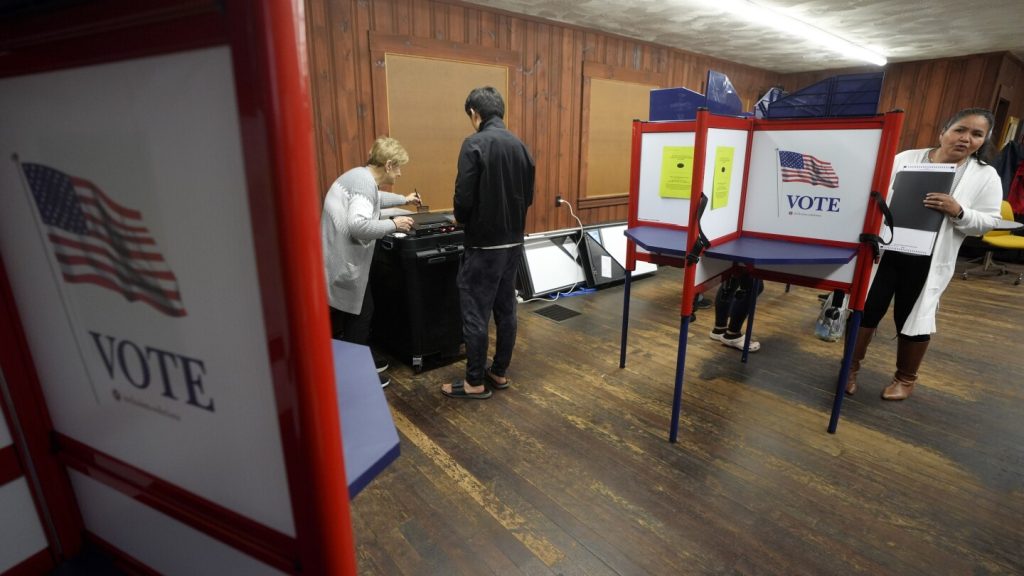Massachusetts voters recently made decisions on a variety of ballot measures, including granting union rights to drivers for ride-hailing companies like Uber and Lyft. The approved measure allows these drivers to unionize in Massachusetts, although participation is not mandatory. Companies will also be allowed to form associations to represent their interests in negotiations, with approved contracts being subject to state approval. This decision comes despite a previous settlement guaranteeing Uber and Lyft drivers a minimum pay standard of $32.50 per hour. Critics argue that this measure will raise prices for riders without directly benefiting drivers and create a new category inconsistent with federal labor law.
Another measure that was rejected by voters was the proposal to gradually increase the minimum wage for tipped workers. Currently, tipped workers in Massachusetts earn $6.75 per hour, while the minimum wage for other workers is $15 per hour. Supporters of the proposal argued that tips should be a reward for good service, not a subsidy for low wages. However, opponents, including the Greater Boston Chamber of Commerce, claimed that the measure would hurt the restaurant and hospitality industry. If passed, the proposal would have required employers to pay tipped workers $9.60 per hour starting in January, eventually matching the state’s full minimum wage by 2029.
Massachusetts voters also rejected a measure to legalize some psychedelics, including psilocybin and mescaline. The proposal would have allowed residents 21 and older to grow and use these plant-based drugs in certain circumstances. Critics of the measure expressed concern that it could lead to a black market and potentially harm vulnerable populations, such as those with mental health conditions. Two other states have already legalized some mind-altering drugs that are considered illegal at the federal level.
On a different note, voters approved a measure to drop the requirement for high school students to pass comprehensive tests in order to receive a diploma. Instead, students will now be required to complete coursework certified by their school district and meet state academic standards in relevant subjects. Supporters of this measure, including the Massachusetts Teachers Association, believe that it will allow teachers to focus on teaching and students to learn without the pressure of high-stakes standardized tests. However, opponents argue that removing this requirement may lead to lower academic standards and graduate students who are not adequately prepared.
Finally, voters also approved a measure granting the state auditor the power to audit the Massachusetts Legislature. This decision was spearheaded by State Auditor Diana DiZoglio, who emphasized the importance of transparency and accountability in state government. Critics of the measure raised concerns about potential violations of the separation of powers outlined in the Massachusetts Constitution. Democratic leaders in the Legislature issued a statement indicating that they will consider how to respect the results of this measure in a manner consistent with the state’s constitutional principles.


